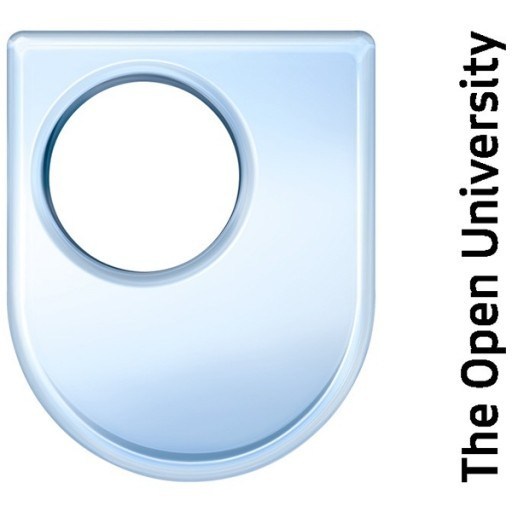Photos of university / #uniofnottingham
Advertisement
This course offers an excellent opportunity to develop one´s skills as a historian and is designed for those who want to put their historical skills to use in their future career. It is similar in content to the MA in History but provides you with a more structured programme of study, specifically designed to prepare you for further research in History after the MA.
You will be provided with training for further study and will concentrate your studies on one of the School of History´s specialist pathways in:
* Medieval History
* Modern History
* Gender History
* British History
* Warrior Societies
* Islamic and Middle Eastern History
* Robin Hood Studies
The School has specific expertise in the above areas and those with an interest in these subjects are particularly encouraged to apply.
Completing this degree will assist you with future grant applications if you wish to undertake a PhD or some other form of historical research.
You will take a mixture of compulsory and optional modules, which reflect your interests. You will also be given training for further research work or other professional careers.
The compulsory elements of this degree are:
* A 15,000-20,000 word dissertation
* Two research training modules
* A module dealing with Theory and Evidence in History
Please note that all module details are subject to change.
For information specific to each of the pathways on offer, please click on the relevant pathway title below:
* Medieval History
* Modern History
* Gender History
* British History
* Warrior Societies
* Islamic and Middle Eastern History
* Robin Hood Studies
Course Structure
This course can be taken full-time over 1 year or part-time over 2 years.
You will be required to take a number of core modules designed to give you the skills necessary for an extended piece of independent research in your subject area. This programme of study has been specifically designed for students who want to progress to PhD level or another form of historical research.
Over the course of two semesters, you will complete a number of core and optional modules. You will then be expected to undertake a 15,000-20,000 word supervised dissertation in a subject area relevant to the pathway you have followed.
The MA in History (Research) requires you to complete a larger dissertation than you would undertake on the MA in History.
Modules are typically assessed through a mixture of essays, book reviews and presentations. There are no examinations.







